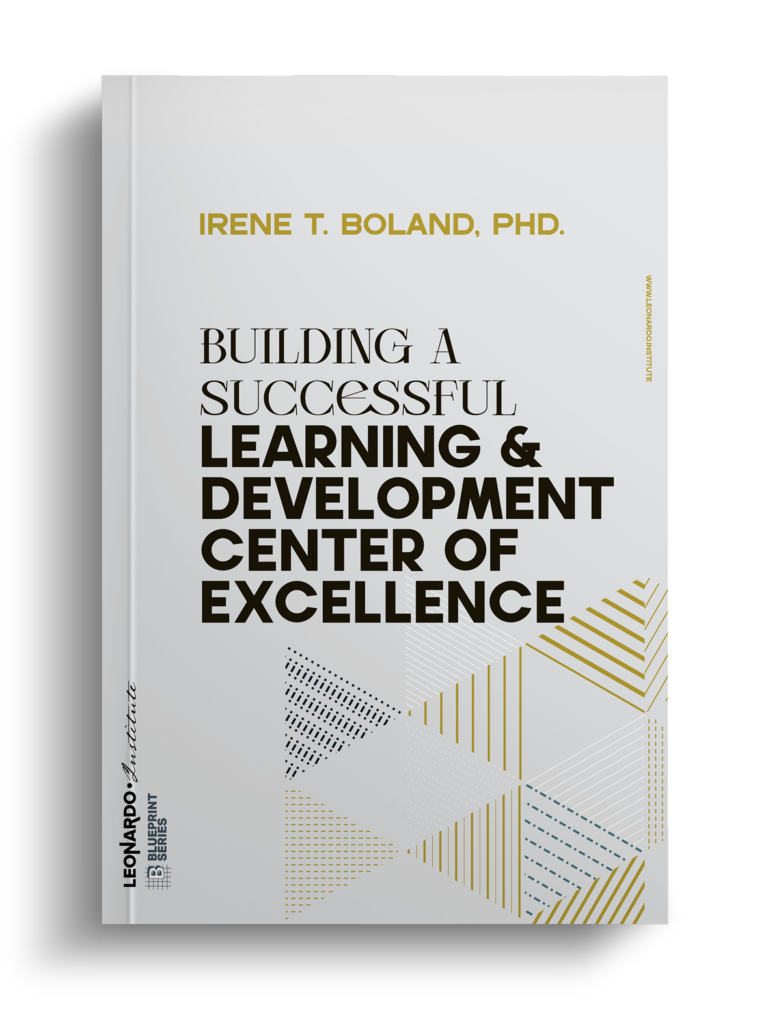As artificial intelligence (AI) increasingly becomes part of our daily lives, its role in the education and training is also expanding. This article explores a recent study by Stephen M. Rutner and Rebecca A. Scott on the use of AI for grading student discussion boards in academic settings.
Introduction to AI in Academic Assessment
The realm of education is undergoing a transformation with the advent of AI technologies. Educators and students alike are navigating this new territory where AI is not only a subject of study but also a practical tool in the learning process. With AI’s growing acceptance in various sectors, educational institutions are exploring its potential to enhance the learning experience. This integration of AI has sparked discussions on its impact on the pedagogical process and the roles of educators in a technologically advanced learning environment.The Study’s Rationale and Objectives
The study conducted by Rutner and Scott was prompted by a critical need to explore the application of AI in grading, which has traditionally been a labor-intensive task for educators. The sudden shift to online learning environments during the COVID-19 pandemic presented an opportunity to test AI’s efficacy in grading student discussion boards—a key component of asynchronous learning. The study aimed to assess AI’s ability to not only maintain but potentially enhance the quality of academic assessment.Methodological Approach to Studying AI
The researchers utilized a well-established AI system—Packback—to analyze student discussion board interactions across several graduate-level classes. This system, which assigns a ‘Curiosity Score’ to student posts, was examined for its impact on student engagement and learning outcomes. The methodology employed a comparative analysis of AI grading with traditional faculty grading, seeking to understand student and educator perspectives on this novel approach.Findings – the best option for grading discussions – is it you or the AI?
The study’s findings were multifaceted. On one hand, the AI system was well-received by students, who valued the immediate feedback on their discussion board posts. This feedback was not only prompt but also provided insights into how their contributions could be improved. On the other hand, while the system was generally liked, there was a noted ambivalence towards AI grading when compared directly to faculty grading, with some students expressing a preference for the nuanced assessment that only human educators can provide.Implications for Learning and Instruction using AI tools
For workplace learning professionals, the study’s findings underscore the importance of integrating AI tools thoughtfully into the learning process. The potential for AI to provide timely feedback can foster a more dynamic and responsive learning environment. However, the integration of AI also requires educators to redefine their roles, balancing automated assessment with the critical human elements of teaching and mentorship.Strategies for AI Integration in Workplace Learning
Workplace learning professionals must develop strategies for integrating AI into training programs. This involves not only selecting appropriate AI tools but also preparing learners to interact with these systems effectively. A key strategy is to use AI to complement rather than replace human instruction, leveraging the strengths of both to create a more comprehensive learning experience.Challenges and Considerations for using AI in workplace learning
Despite its benefits, the integration of AI into educational assessment poses several challenges. These include ensuring the AI system’s evaluations are fair and unbiased, managing the additional costs associated with AI tools, and aligning AI grading standards with educational objectives. Furthermore, there is a need for ongoing evaluation to ensure that AI grading systems like Packback continue to meet the evolving needs of educators and learners.Conclusion and Future Directions
The exploration of AI grading systems in education is just beginning. As AI continues to evolve, so will its applications in educational settings. The work by Rutner and Scott provides valuable initial insights, but ongoing research and development will be essential for realizing the full potential of AI in education. For workplace learning professionals, staying abreast of these developments will be crucial for harnessing AI’s capabilities to enhance learning outcomes and educator effectiveness. Reference
Rutner, S. M., & Scott, R. A. (2022). Use of Artificial Intelligence to Grade Student Discussion Boards: An Exploratory Study. Information Systems Education Journal, 20(4), 4. ISCAP (Information Systems and Computing Academic Professionals). https://isedj.org/; https://iscap.info

